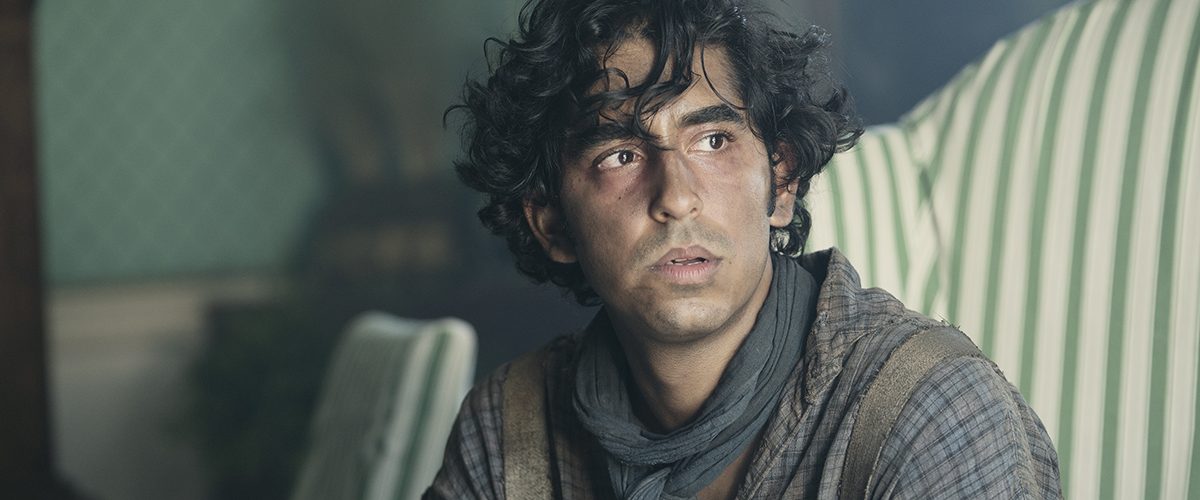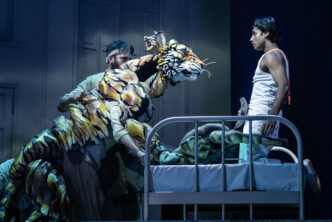Charles Dickens’s favourite of his own works, David Copperfield can be well described as an ‘autobiographical novel’, drawing heavily on events and characters from Dickens’s own life, but nevertheless a work of fiction created by the author’s imagination, rather than a memoir.
Armando Iannucci’s new film version (incorporating a little more of Dickens’s original title) opens with a blurring of the lives of Charles and David. We are in a Victorian theatre and an audience has gathered to hear Copperfield recite from the book that bears his name. Dickens himself was renowned for his recitals, both in this country and across the Atlantic. A mere sentence or two into the narrative, and David (Dev Patel) turns on his heel, walks upstage, through the backdrop and into his own early life. It’s a lovely, filmic way to open.
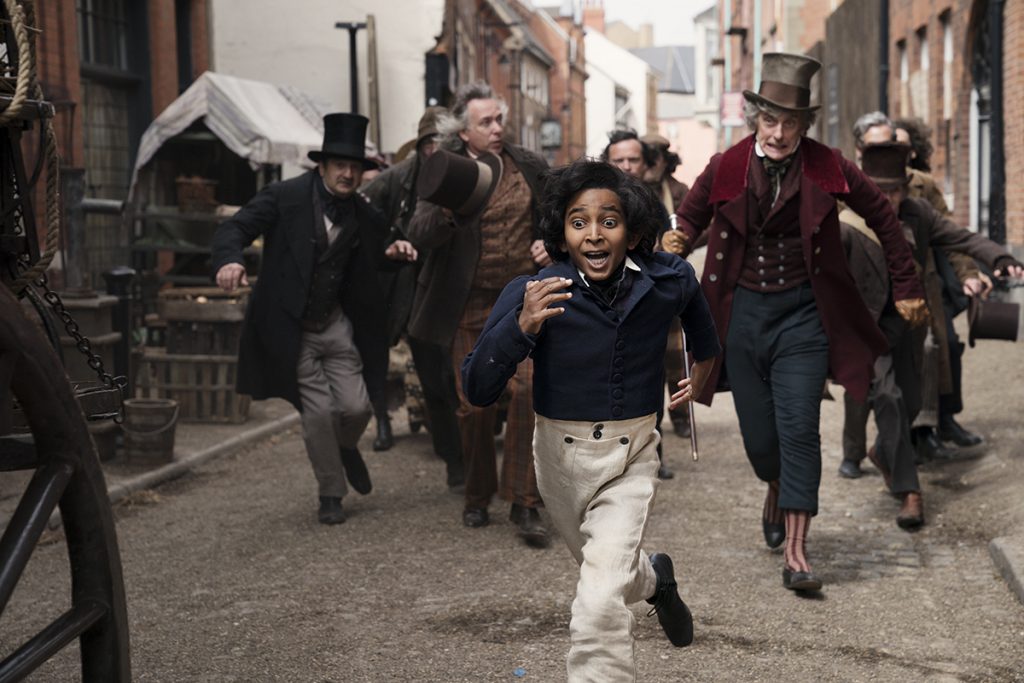
For any reader whose eyes did a double-take at the name ‘Dev Patel’, allow me to confirm that, not only is Patel a charming and versatile adult Copperfield, but one of the joys of this new adaptation is it’s confidently colour blind casting (hats off to Sarah Crowe and Iannucci). Over the next two hours, we shall encounter Rosalind Eleazar (as Agnes), Benedict Wong (as her father, Mr Wicklow), Anthony Welsh (Ham), Nikki Amuka-Bird (Steerforth’s mother). If you have a problem with any of that, I suggest you go outside and give your head a shake (as we say in Bolton).
The enviably talented cast – which includes Tilda Swinton as Betsy Trotwood, Hugh Laurie (Mr Dick), Ben Whishaw (Uriah Heep) Paul Whitehouse (Mr Peggotty) and Peter Capaldi (Mr Micawber) – combine to push the plot along at a rattling pace.
The result is never dull, often amusing, but rarely captivating. Iannucci’s script (co-written with Simon Blackwell) has the energy of a graphic novel but also flattens out the emotional highs and lows, and fillets and dispenses with many of the original’s best lines.
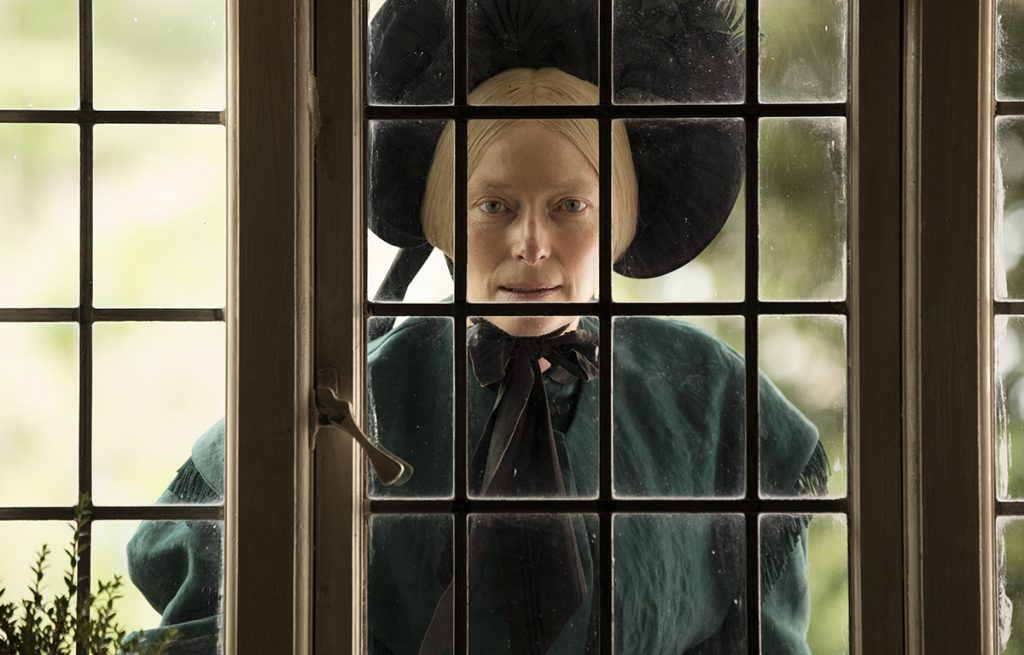
David the boy (the very promising Jairaj Varsani) too quickly becomes David the man, so that it is the latter who receives news of his mother’s death (delivered in comic fashion). Now, the death of a parent – like all other events in human life – can conceivably be an occasion for mirth, especially in the hands of a great comic writer (and, on his day – and he’s had many of them – Iannucci is a great comic writer). However, so much is lost in turning away from Dickens’s original, wherein the heartless Mr Creakle’s revelation of Clara’s demise becomes a paradigm for how insensitivity slips into cruel farce.
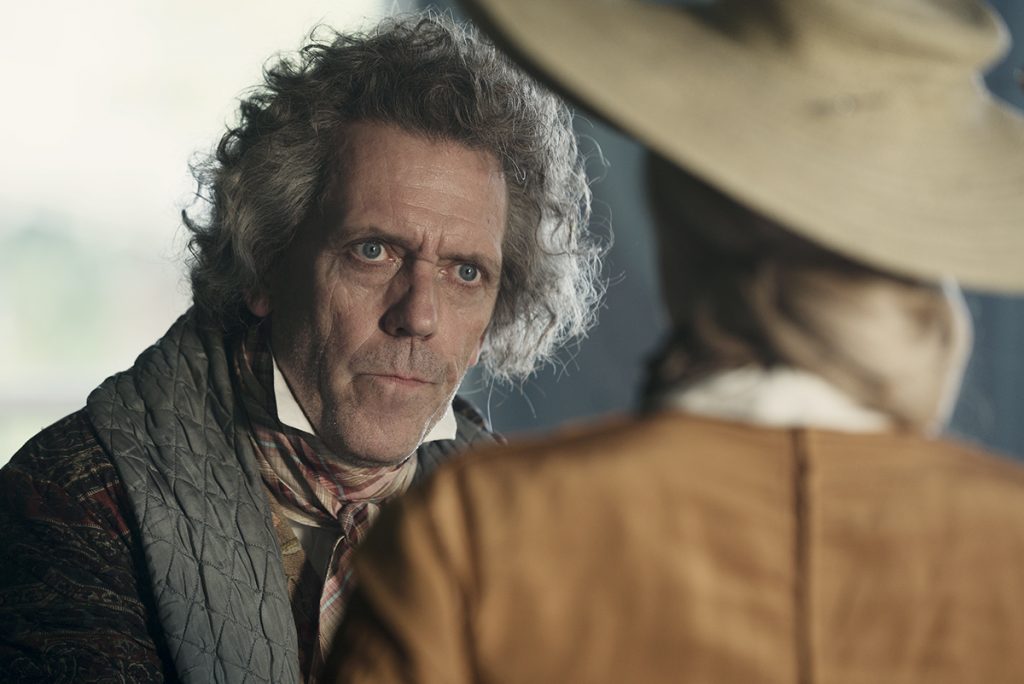
David reacts angrily and destructively to the news, smashing many a bottle (in this version he’s at the factory, not the rundown boarding school) before heading off to find his aunt. This rebellion and pilgrimage is, of course, less perilous for David the young man than David the boy, leaving no space for Mr Murdstone’s menacing attempt to reclaim his stepson from the redoubtable, Betsey.
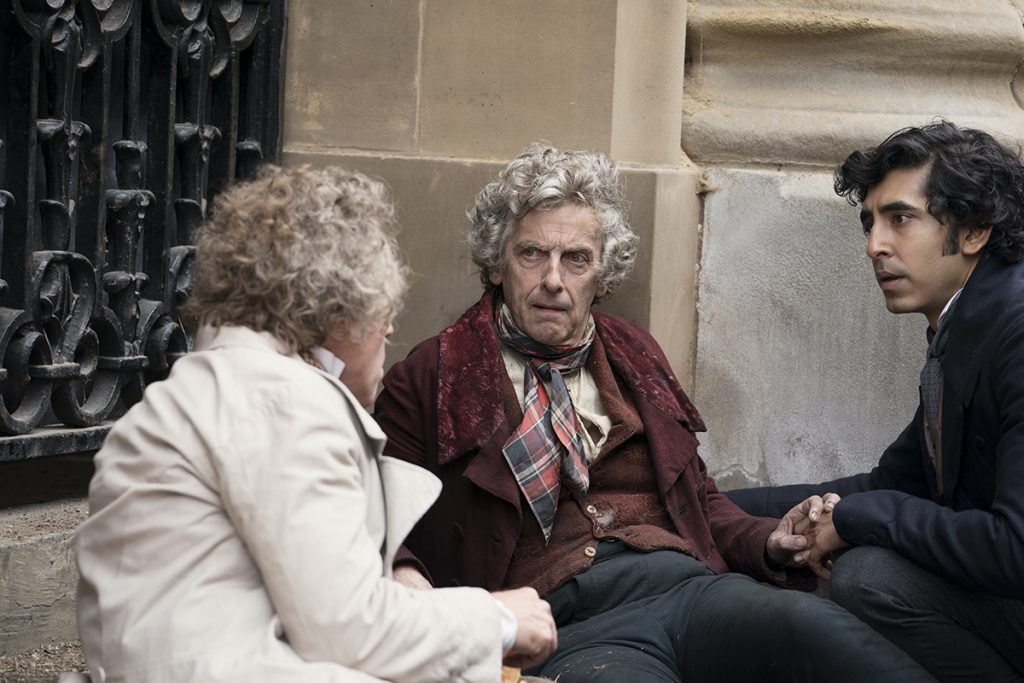
Difficult choices must, of course, be made, in order to translate 600-plus pages into a couple of hours screen time (Traddles vanishes almost without trace, for instance – and sadly, I can’t say his absence is noticeable). But this version – especially given the pedigree of so many of those involved – cries out for something bolder.
In the end, it is neither fabulous nor foul, and the hints of a richer story and a deeper psychology offered (particularly in Swinton’s Aunt Betsey and Whishaw’s Heep) remain simmering on a neglected hob ring, unstirred and unseasoned, never to be served up.
★ ★ ★The Personal History of David Copperfield is released on 24 January 2020 and showing at cinemas including Home, Manchester.

